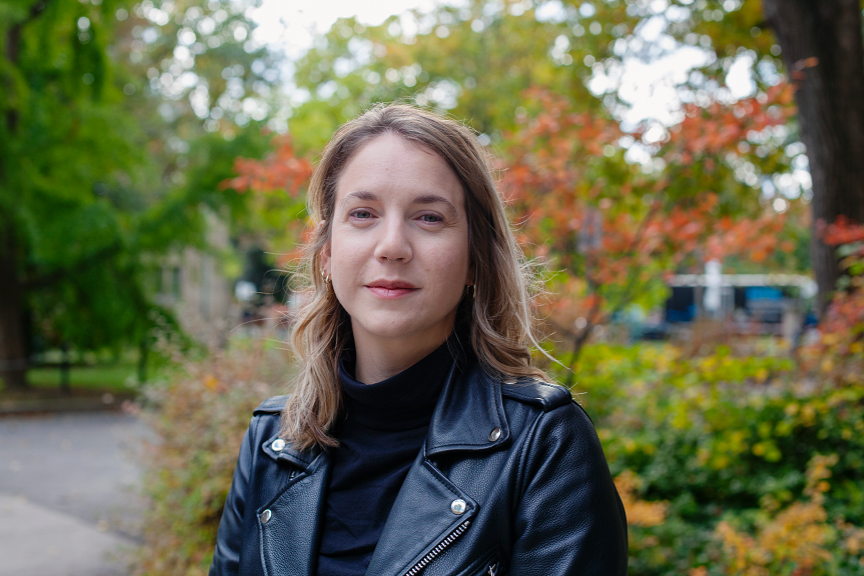Nursing Science
Program Overview
The Master of Nursing (MN) program prepares advanced nursing practitioners with specialized knowledge, skills, and expertise in a defined area of nursing to design programs and influence practice. The program offers three fields:
- Clinical Nursing
- Health Systems Leadership and Administration
- Nurse Practitioner
The Doctor of Nursing (DN) program, effective September 2021, provides a formal, academic credential and competitive edge for those looking to advance their nursing careers in complex and changing health-care systems or education settings.
The Bloomberg Faculty of Nursing Doctor of Philosophy (PhD) degree is designed to prepare scientists and scholars with the analytical and research skills required to expand knowledge of clinical, theoretical, and health systems issues.
Quick Facts
| Domestic | International | |
|---|---|---|
| Application deadline | DN, MN, PhD: Fall 2025 entry 30-Apr-2025
| DN, MN, PhD: Fall 2025 entry 30-Apr-2025
|
| Minimum admission average | MN: DN, PhD: | MN: DN, PhD: |
| Is a supervisor identified before or after admission? | DN, PhD: Before | DN, PhD: Before |
| Program length (full-time only) | MN: 6 sessions PhD:4 years; 5 years direct-entry DN:3 years | MN: 6 sessions PhD:4 years; 5 years direct-entry DN:3 years |

“I have been a consistent user of many campus resources, most notably the library system, which is incredible.”
- Judith Ellen Brunton
- PhD Candidate, Department for the Study of Religion
